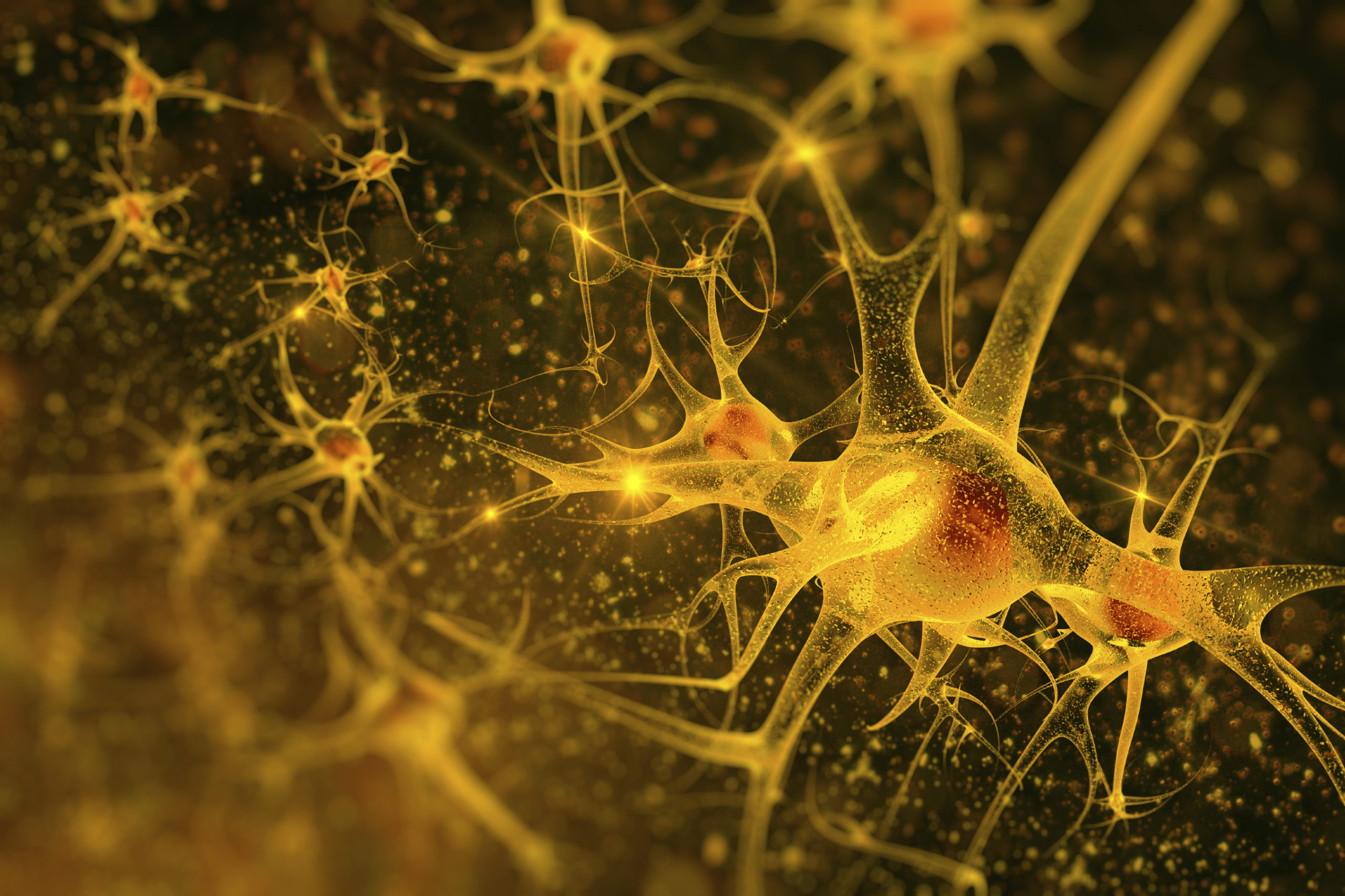#neurodegenerative-disorders
#neurodegenerative-disorders
[ follow ]
#parkinsons-disease #brain-networks #somato-cognitive-action-network #psychological-thriller #jersey-city
fromwww.theguardian.com
7 months agoGazer review ineffably creepy and unbearably tense noir chiller
This ineffably creepy, often unbearably tense and disquieting film has a little of early Christopher Nolan (the Nolan of Following and Memento), with hints of Lynch and Cronenberg in its hallucinatory episodes.
Film
[ Load more ]


